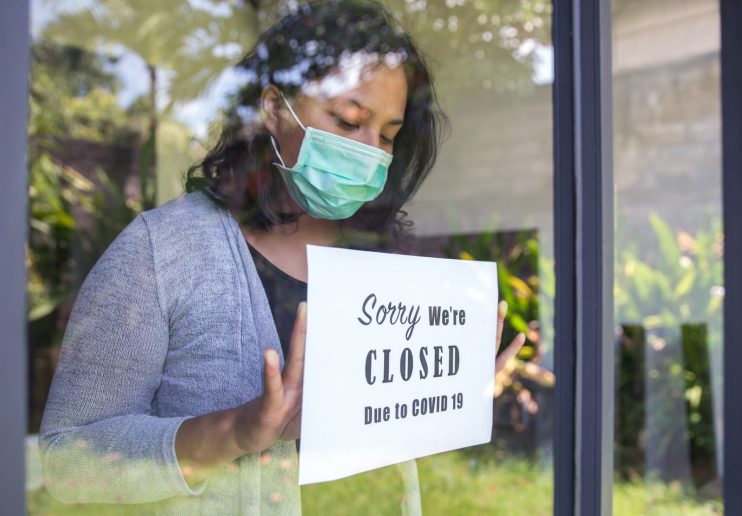
Supreme Court decision in the FCA Test Case on BI insurance – what does this mean for SMEs?

The Supreme Court decision in the FCA Test Case on BI insurance has been widely publicised as a resounding success for businesses.
Recently published data collated by the FCA, however, shows that as of 13 April 2021 only 39% of the 35,438 policyholders whose Covid-19 Business Interruption (BI) insurance claims have now been accepted by insurers, have received some form of payment.
This means that over 60% of businesses, the majority of the SMEs, with valid BI claims have not received any payment at all. That is not even counting the many thousands of businesses whose claims are pending, reserved or which have been declined.
So why are insurers dragging their heels when it comes to paying out? Despite the complexity of the Supreme Court judgment, many aspects of the assessment of BI claims remain unclear and disputes remain between insurers and businesses, particularly when it comes to the value of a claim.
Getting confirmation of cover in principle under a BI policy is only the first hurdle. After this, the value of any loss must be assessed under the mechanics of the policy to work out the quantum that should be paid.
Various questions still need to be grappled with, such as how businesses with little pre-pandemic trading history evidence what would have been their “normal” business trends by way of comparator, how government assistance such as furlough payments are to be treated in loss calculations, whether businesses with premises affected in different locations can claim multiple losses, and whether local lockdowns constitute separate occurrences.
Given the enormity of the task in hand, it is perhaps unsurprising that assessment and payment by insurers is taking so long. But despite the obvious value of the FCA intervention, a practical downside for many has been the delay caused to claims not being processed more expeditiously. Many insurers were not willing to engage on questions of insurance cover “pending the outcome of the FCA test case”. When business continuity depends on payment, lengthy delays are not only unacceptable, they could also land insurers with additional damages claims for late payment under the Enterprise Act 2016, particularly if late payment contributes to a business becoming insolvent. Insurers will be alive to this risk and ought to be making part payment of any undisputed portions of a claim pending resolution of any complex loss calculations.
With society now stuttering back into life, it is more important than ever that businesses receive any indemnity payments properly due so they can rebuild and try to repair some of the damage of the last 13 months.
Fladgate LLP’s Insurance Policyholder Team specialise in representing policyholders to help recover payments from insurers under their insurance policies. If you need assistance with your insurance claim, get in touch with Garbhan Shanks, Head of Insurance.
This article was written by Garbhan Shanks, Harriet Chopra and Naomi Hall